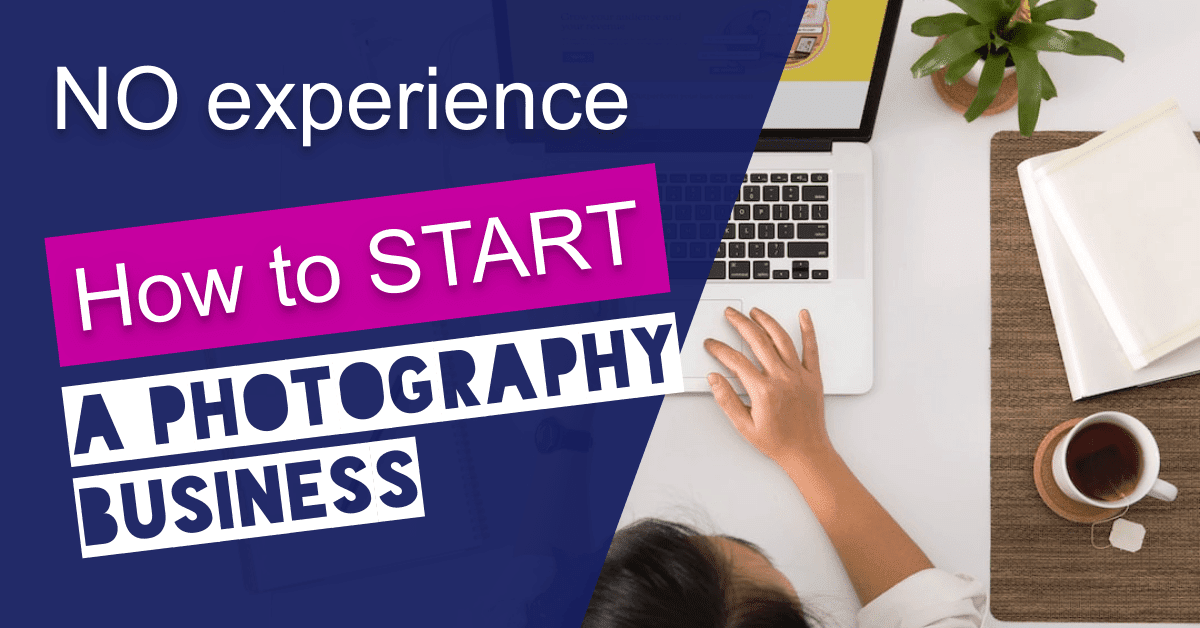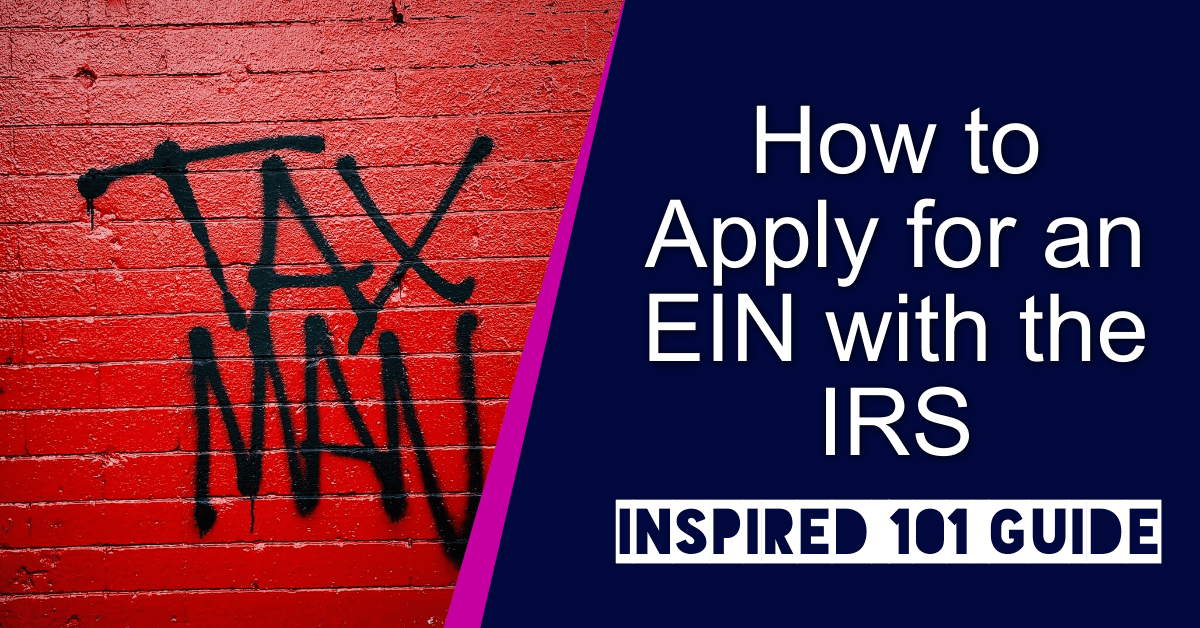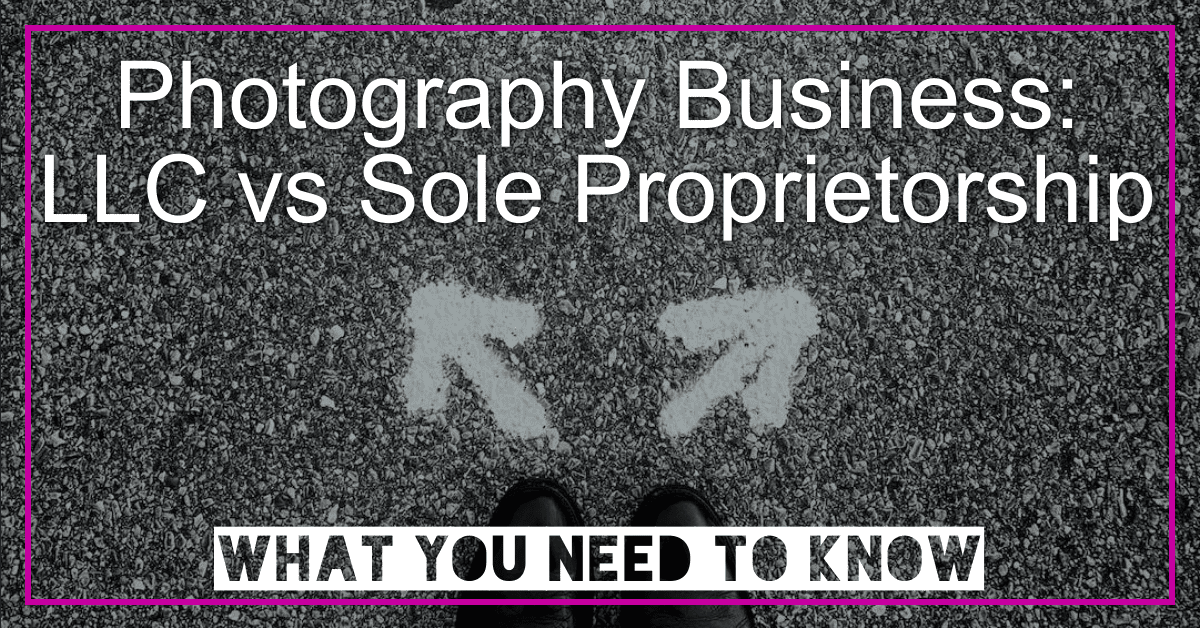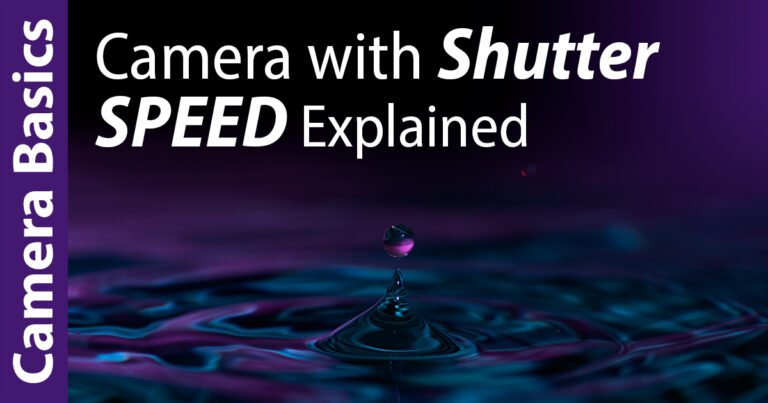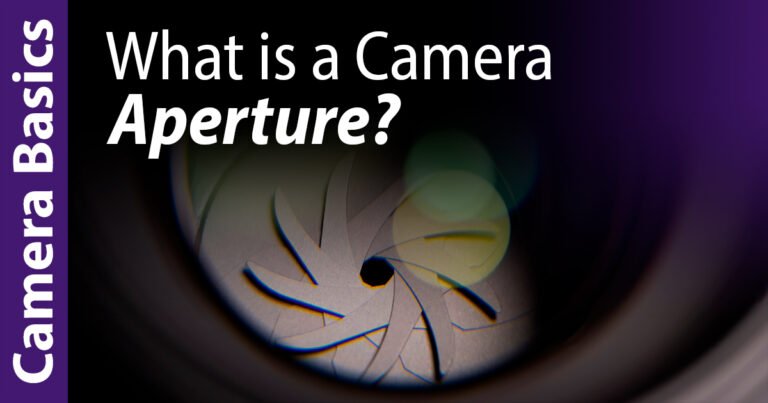Are you passionate about photography and have always wanted to start your own business? With the right knowledge, anyone can make their dream of having a successful photography business a reality – even if they don’t have any prior experience.
This guide will show you exactly how to start a photography business with no experience.
With our tips and insider advice, it will make starting your own photography business easy and stress-free.
So, let’s get started!
Table of Contents
Understanding the “Small Business Owner” Mindset
Small business owners are driven individuals who understand that long-term success is a result of hard work and dedication. They require self-discipline, resourcefulness, and the ability to adapt quickly to changing market conditions.
A successful small business owner must be able to identify consumer needs and develop strategies for meeting those needs in order to remain competitive.
The small business owner mindset should also encompass an understanding of how to create a budget, maintain cash flow, keep accurate financial records, track expenses and manage taxes.
This requires an understanding of basic accounting principles as well as the ability to use computer programs such as spreadsheets and accounting software.
Additionally, researching potential markets and competitors is essential so that the entrepreneur can make informed decisions about marketing strategies, pricing structures and product offerings.
Strong communication skills are also important for any small business owner in order to build relationships with clients or customers.
Establishing trust between buyers and sellers is essential for building loyalty; therefore entrepreneurs need to have excellent listening skills as well as being able to clearly articulate their objectives in order to reach desired outcomes.
Consider the Cost to Start a Photography Business
One of the key considerations for starting a photography business is cost. There are many startup costs and resources associated with running your own business and, in particular, launching a photography business.
If you want to operate professionally, there are certain pieces of equipment that you will need to purchase. This includes cameras, lenses, tripods and other camera accessories.
Depending on the type of photography you wish to do, it may be necessary to buy additional lighting equipment such as softboxes and reflectors.
Additionally, you should consider investing in software packages so that you can edit photographs quickly and efficiently. These costs can add up quickly but they are necessary investments in order to produce high-quality images for clients.
Another important factor when beginning a photography business is the cost of marketing materials like flyers or brochures which can help with promotion efforts.
You’ll also need stationery items such as invoices and letterhead which will help keep your business organized from day one. Lastly, factor in any legal fees associated with setting up your business and/or registering trademarks if applicable – this could include copyright protection services too!
All these things add up so it’s important to plan out exactly how much money you need before launching your venture.
Choose a Niche or Style of Photography
When starting with no prior experience, it’s helpful to choose a niche or style of photography that you want to specialize in. This will help you focus your attention and efforts on building a portfolio which showcases your unique style and skills, making you stand out from other photographers.
Some popular niches include wedding photography, landscape photography, portrait and family photography. Think about the type of photography that excites you the most and decide if it’s something people are willing to pay for.
Here is a couple of examples you might want to look at.
- Macro Magic: Exploring Closeup Shots
- Landscape Legends: Capturing the Best Views
- Capturing Emotions: Reimagining Portraiture
- Capturing the Unknown with Landscape Photography
- Exploring Movement with Action Photography
- Illuminate Your Creativity with Night Photography
- Going Pro with Wildlife Photography
- Exploring Street Photography Artistry
It is important to decide on the type of photography you would like to specialize in. This will help narrow down your focus and allow you to hone in on specific skills.
Do research into what type of photography interests you the most, and then consider what kind of market needs that type of photographer.
For example, if you are interested in wedding photography, look into how much competition there is for wedding photographers in your area. If it’s already oversaturated, consider choosing a different niche or style of photography.
You can also use online platforms such as Instagram or Flickr as a starting point to get feedback on your photographs and find like-minded individuals with similar interests who can provide valuable advice and mentorship.
Furthermore, joining local photography communities can be beneficial as they often have resources such as workshops and tutorials which can provide useful tips for the beginner photographer trying to establish themselves within their chosen field.
Once you’ve found the right niche for your business model, create an online portfolio showcasing your best work – this will help attract potential clients and showcase what makes you unique from other photographers in the industry.
Establish Your Brand and Promote Yourself
Establishing your brand and promoting yourself online is key for any photographer starting out in the industry. When you have no prior experience or reputation, having a standout brand is even more important.
Begin by creating a logo, website and Instagram account that accurately represents your photography style and values. Then, start networking strategically with local photographers and businesses where you can showcase your skills and build relationships that will help you find future clients.
Blogging about topics related to photography will also help boost your web presence, as this provides an opportunity to share your knowledge and connect with others in the field.
Creating an online presence is essential for any photographer starting out in the industry. It’s important to build a unique brand and establish yourself as an expert in your field.
To do this, you should create a website that showcases your work and allows potential clients to contact you easily. Additionally, consider creating a portfolio on photo-sharing sites such as 500px or Flickr. This will help you gain more exposure and reach a wider audience.
In addition to having an online presence, it’s also important to actively promote yourself through social media platforms such as Instagram, Facebook or Twitter.
Utilize these platforms to share your work with others and engage with potential customers by interacting with them directly or offering helpful advice about photography related topics. You can also use these channels to run promotions and contests which can help expand your reach even further.
Finally, don’t forget about traditional marketing methods such as newspaper ads, flyers and business cards – they all contribute to establishing your brand in the local community!
Prepare the Perfect Business Plan
To start off your business on the right foot, prepare a comprehensive business plan. A business plan should include details about photography services you will offer, suppliers you need to work with and any funding or investment requirements.
Your plan should also include a budget for specific services and equipment that might be needed throughout the course of your photoshoots and projects.
Do some research into similar businesses in your area and create a pricing list for packages and services you wish to offer. Finally, outline how you’ll use marketing tactics such as social media promotion, affiliate networks and public relations campaigns to help drive business growth.
A comprehensive business plan should include detailed information about the photography services that you intend to offer.
List the type of photography, such as wedding, event and portrait photography; provide details on how you would approach each type of shoot; discuss pricing structures; and describe plans for marketing your business.
Additionally, it is important to lay out a budget for advertising and equipment costs.
When writing a business plan for your photography business, it is also critical to list any potential roadblocks or challenges that you may encounter along the way.
This could include factors like competition in the local area or time management and scheduling issues. Outline what strategies you can use to address these barriers in order to ensure success.
Finally, make sure your plan includes a timeline and goals for reaching specific milestones such as booking a certain number of clients within a certain time frame or launching an online store after six months.
Understand Legal Requirements for Running a Photography Business
Before you start running a photography business, it’s essential to have a clear understanding of the legal requirements involved. Different area have unique zoning and licensing laws, so make sure you know these laws before setting up your business.
Moreover, researching the tax implications of your new business is also important. It’s likely that you will need to pay both state and federal taxes on any income earned, so familiarizing yourself with the rules and regulations around taxation is vital for keeping compliant.
Additionally, check if there are any local permits needed to run a photography business in your city or county.
It’s important to research and understand the legal requirements for running a photography business in your area. Depending on where you live, different laws may apply. In some areas, a business license or registration may be necessary before you can begin operating.
Additionally, there are likely taxes and fees that must be paid when running a business. Make sure to check with local authorities about any regulations and tax obligations associated with owning a photography business in your area.
In addition to understanding the legal requirements for setting up a photography business, it’s important to create contracts to protect yourself and your clients.
Create contracts outlining services provided, payment methods and timelines, intellectual property rights of images taken by you, as well as liabilities if something goes wrong during the photo session or afterwards. This will help ensure everyone is protected should any issues arise during the course of your work together.
Finally, make sure you have appropriate insurance that covers both liability and equipment damage due to fire or theft in case of an emergency situation arises while working on projects for clients.
Having insurance coverage helps provide peace of mind knowing that all parties involved are fully protected in case anything unforeseen happens during the course of working together on projects.
Build up Equipment & Invest in Quality Gear
A solid photography business requires quality equipment and supplies. Just like in any other profession, the right tools are essential to creating quality work. Investing in high-quality cameras, lenses, lighting and editing software is a must when starting a photography business.
It’s best to start with the basics you can afford in the beginning as you get your business up and running. As you grow into more opportunities and gain clients, you can start investing smarter by upgrading your essential gear to make sure your portfolio stands out from the crowd.
It is important to ensure you have the necessary equipment and supplies to succeed in photography. High-quality cameras, lenses, tripods, lighting equipment, and props are all essential components of a successful photography business.
Investing in quality equipment will help ensure that you can produce quality images for clients. Additionally, having an adequate backup system and ample storage solutions is also recommended for your business.
When it comes to supplies like paper or albums, having a consistent source of professional grade products is important as well.
This includes high-end photo paper stock or specialty inkjet printers that can provide stunning prints so that you maximize the value you offer your customers and make sure they keep coming back for more work from you.
Furthermore, having additional items such as batteries and memory cards on hand will help guarantee you don’t run into any issues while shooting onsite with clients.
By investing in the right tools and supplies upfront, photographers will be able to create high-quality images their clients love which will lead to repeat business, referrals, and more success for their business.
Conclusion: How to Start a Photography Business with NO Experience
In conclusion, learning how to start a photography business with no experience might be overwhelming at first. However, with the right attitude and plan of action, you can succeed in this venture.
Start by researching the basics of photography techniques, equipment, and business operations. Consider speaking to other photographers and asking for advice about how to start a photography business with no experience.
Once you have your plan in place, get out there and start shooting! By taking these steps, you will be able to successfully launch your photography business and achieve long-term success.
See our FREE Email Course if you would like to learn more.
Understanding how to start a photography business with no experience, may seem daunting at first but it is possible if one takes the proper steps towards success outlined above! Good luck!


Gideon van Niekerk
Photographer & Blogger
Transform Your Passion for Photography into a Thriving Career! As a professional photographer with over a decade of experience, I share the secrets of building a successful photography business on my blog. Unlock the Secrets to Starting a Profitable Photography Business Today! Join me on an incredible journey of discovery, where you’ll learn insider tips and tricks to building a successful photography empire. Don’t miss out on this exciting opportunity to turn your passion into profit – let’s embark on this journey together!


